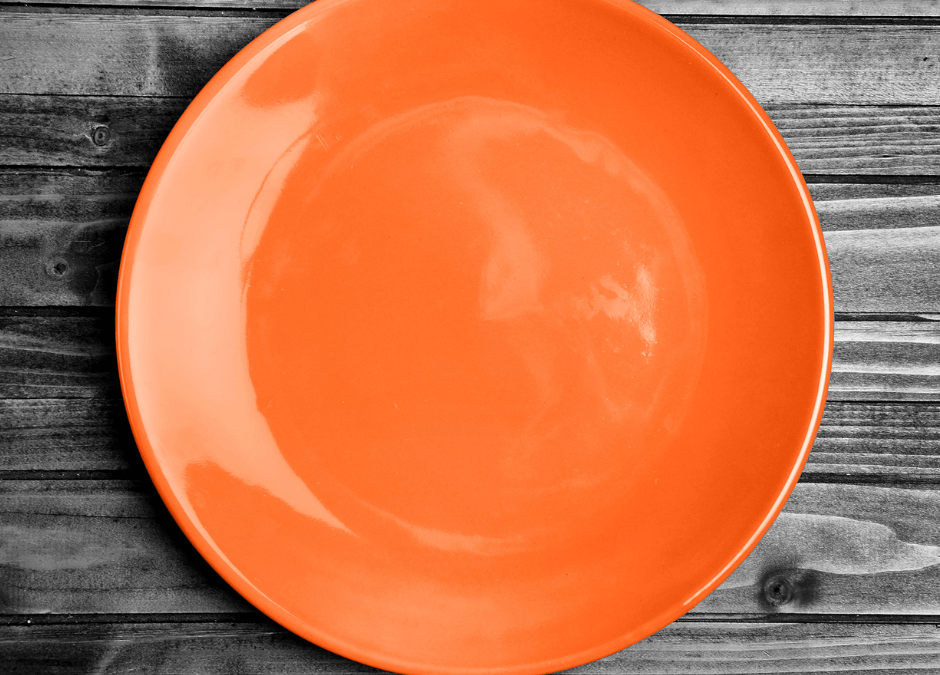There’s a common complaint among women who’ve gone through breast cancer treatment.
Weight gain.
It doesn’t happen to everyone, but I hear enough women speaking about the issue to know it’s common.
When I talk with someone interested in my Peaceful Plate program, weight gain is often one of their challenges.
Weight gain can cause panic about recurrence risk, as well as negatively impact self-esteem, energy and mobility.
I constantly hear blame placed on hormone medications like aromatase inhibitors (below) or the selective estrogen receptor modulator (SERM), tamoxifen:
- Aromatase Inhibitors
- Arimidex (anastrozole)
- Femara (letrozole)
- Aromasin (exemestane)
While every woman reacts differently to these medications, let’s look at what the research says about weight gain and hormone medications.
WHAT THE RESEARCH SAYS
A 2022 review and meta-analysis was unable to find an association between aromatase inhibitors and weight gain, while a 2018 review looking at the effect of both chemotherapy AND aromatase inhibitors on glucose and insulin metabolism concludes that a small increase in weight and/or change in body composition does occur (tough to tease out whether it’s chemo, AI’s or BOTH!), but the underlying mechanism for how this happens is yet to be thoroughly understood.
Those are only two studies, with one recommending further human studies to gain a better understanding of the connection between AI’s and weight gain, and the second reporting that studies in this area are few and of varying quality.
I realize that may offer you little comfort about or answers to your struggle with weight gain, but know this.
You’re you, not a statistic.
Research helps connect the dots and leads to further research, but a couple of review studies can’t possibly give us the whole picture.
You know what you’re dealing with, and let’s face it; your pants don’t lie.
For another perspective, I write about the effect of active treatment (chemo, steroids, etc.) here, where I share how treatment causes weight gain and highlight three habits that can contribute to weight shifts. Perhaps that will offer you some insight.
SERIOUSLY. WHY ARE YOU EATING?
If we step back from the effects of medications and treatment for a moment and look solely at habits, I’d like to share a weight gain mechanism that I’ve seen with every survivor I’ve ever worked with for weight loss.
Eating for a million reasons other than true, physiological hunger.
Here are a few:
- Stress
- Anxiety
- Boredom
- Rebellion
- Distraction
- Avoidance
- Mindlessness
- I’m so mad I could spit
Need examples? I offer three.
- You’re waiting for a call back on a post-treatment scan.
- Shoving M&M’s into your mouth helps distract you (anxiety + distraction eating)
- You hate people (or yourself) saying you “should” eat differently now that you’ve had cancer.
- Secretly eating the junk food you love proves no one (including you) can tell you what to do (rebellion eating)
- You have a million things to do for everyone else and can’t find a minute to think, let alone take time for yourself.
- Eating and eating and eating buys you a little space in your day (avoidance eating)
WHAT TO DO?
Become aware!
Learning to pay attention to your eating habits is the first step to getting a handle on those that don’t serve you.
Pay attention by doing a little sleuthing.
Get a notebook and for one week, write down the following:
- What time you’re eating
- Where you’re eating
- Why you’re eating
After a week of paying really close attention to the time, where and why you’re eating, you’ll begin to discover patterns.
Those patterns are the key to awareness; the first step to shifting those unhelpful habits.
______________________________________________________________________________
Thanks for reading my blog post! Inspired and/or enlightened by what you read? Be sure to subscribe so you never miss a new post.
Subscribe by CLICKING HERE to get your FREE copy of The Five Foods Survivors Should Eat
CLICK THIS LINK and watch my 2-minute Peaceful Plate program video!
Follow me on Instagram @hormone.breastcancer.dietitian
This information is for educational purposes only and is not intended as medical advice. Please consult your dietitian or doctor for guidance specific to your needs.
______________________________________________________________________________
SOURCES

